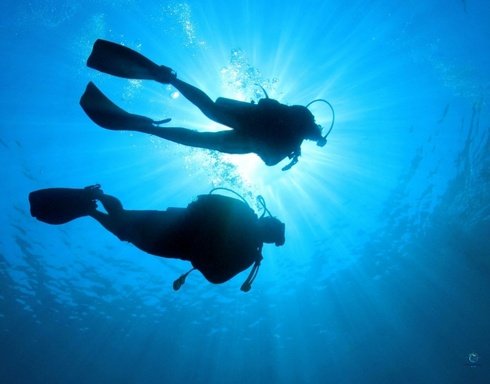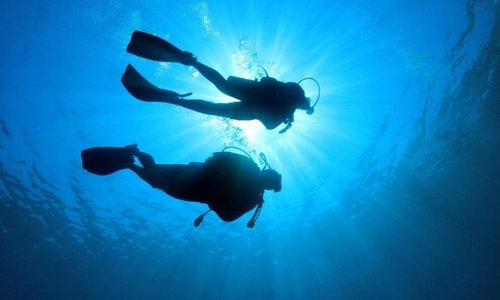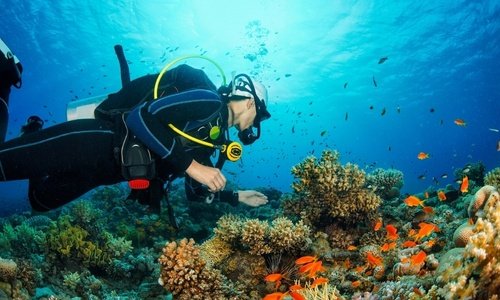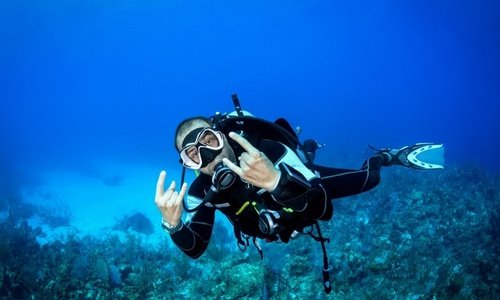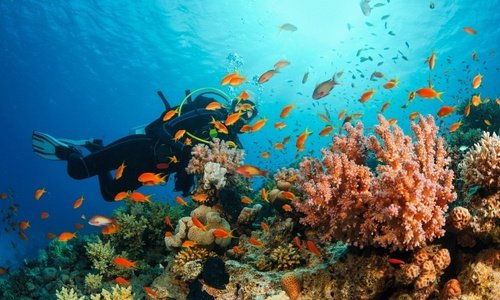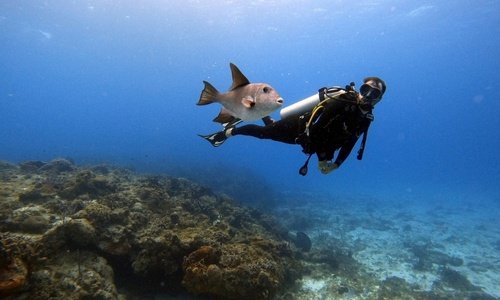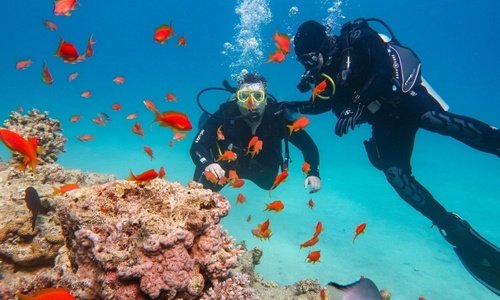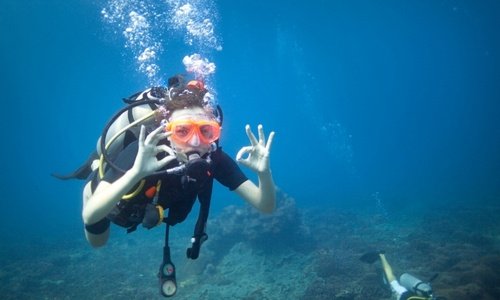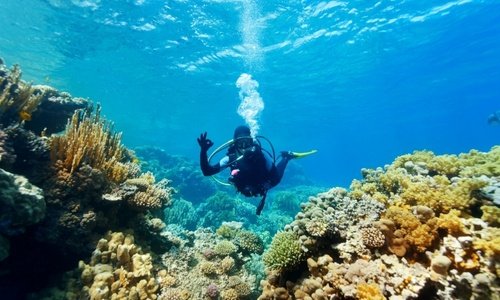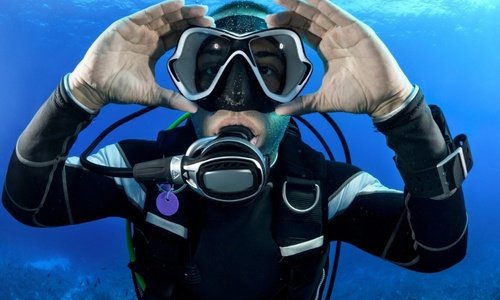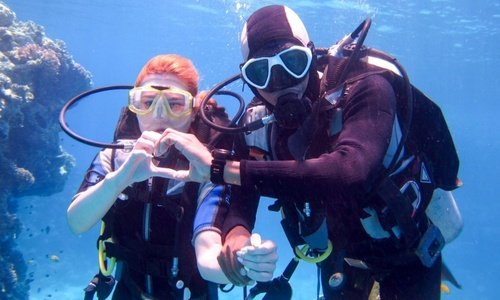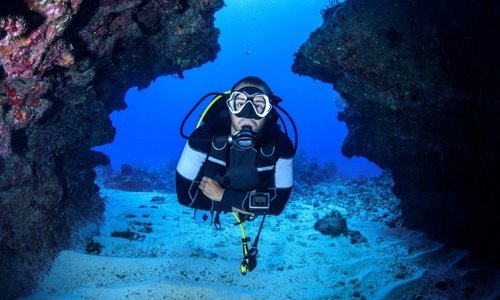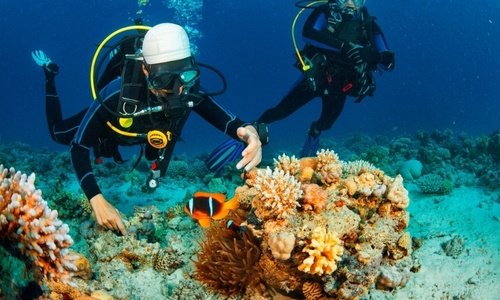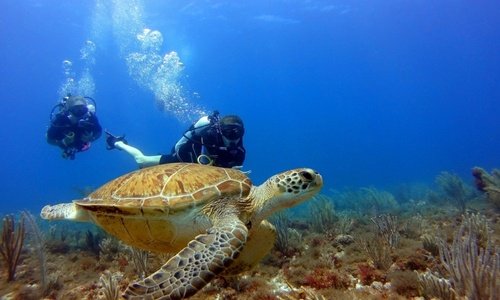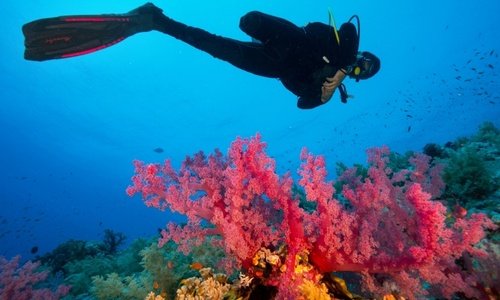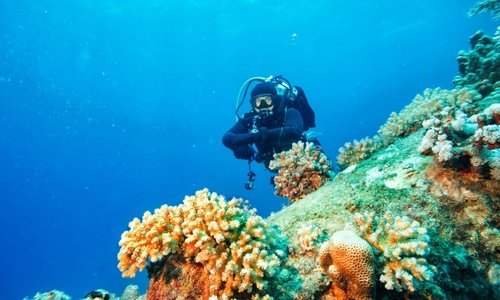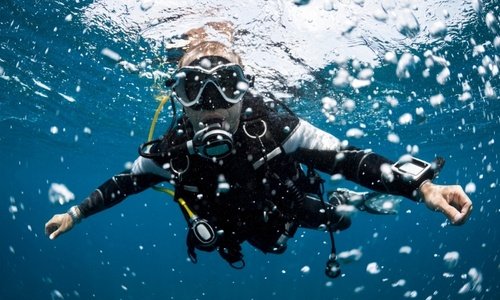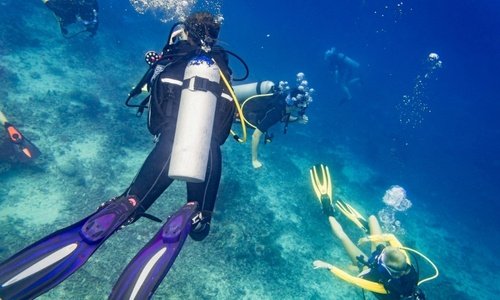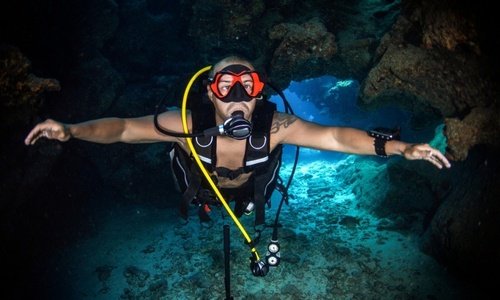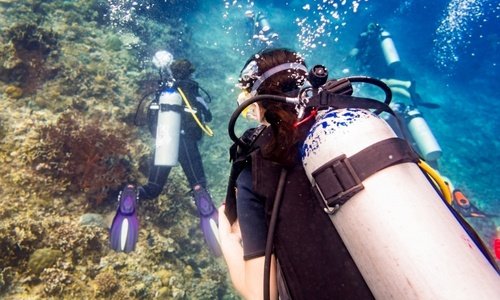Diving Organizations and Certification Terms
Global Dive Organizations and Certification Framework
Embarking on a SCUBA (Self-Contained Underwater Breathing Apparatus) journey requires understanding the global certification landscape. International diving organizations establish the universal standards ensuring safety, competence, and worldwide recognition for training levels. This essential guide will professionally examine the most widely accepted diving bodies and the core terminology within their certification systems.
The Global Structure and Significance of Dive Agencies
Standardized diving education is paramount for underwater safety and proficiency. The market is primarily led by three major international structures: PADI, SSI, and CMAS. These established agencies provide a systematic pathway for divers to progressively enhance their knowledge and practical skills. Obtaining a diving certification signifies more than just the ability to breathe underwater; it confirms readiness for emergency scenarios.
📘 Leading Scuba Training Organizations
Each organization offers a slightly different pedagogical approach while adhering to global consensus standards. Recognizing these structures is key to selecting the appropriate training path.
- PADI (Professional Association of Diving Instructors): Recognized globally as the largest training membership association, PADI focuses significantly on commercial training standards and widespread accessibility.
- SSI (Scuba Schools International): Serving as a robust alternative to PADI, SSI is another globally recognized agency known for its comprehensive training materials.
- CMAS (Confédération Mondiale des Activités Subaquatiques): This international confederation possesses a strong legacy, particularly in Europe, prioritizing the development of amateur and sport diving activities.
Following these primary frameworks, candidates advance through structured tiers, which define their permitted depth limits and operational conditions. Mastering these scuba certification levels is the foundation of a safe diving career.
Fundamental Scuba Certification Levels and Competencies
A diver’s educational progression moves systematically from entry-level competency towards advanced and professional capabilities. Every level validates a diver's capacity to navigate underwater environments responsibly. The Open Water Diver credential serves as the undisputed starting point for all subsequent diving activities.
Core and Advanced Diver Certifications
Advancing your training ensures you are equipped for more complex and deeper explorations. Understanding the context of each credential is vital for advanced planning.
| Term | Agencies | Description and Authority |
| Open Water Diver (OWD) | PADI, SSI | The foundational certification, authorizing recreational dives typically up to 18 meters (60 feet). |
| Advanced Open Water Diver (AOWD) | PADI, SSI | Expands diving skills through specialized dives, generally permitting depths up to 30 meters (100 feet). |
| Rescue Diver | All Major Bodies | A critical course focusing on accident management, emergency response, and assisting other divers in distress. |
Transitioning to a Professional Diving Career Path
Individuals aspiring to convert their recreational passion into a professional vocation must complete specific, recognized professional tiers. These certifications confer the authority to lead dive groups or to instruct new students.
 Professional Levels and Supporting Education
Professional Levels and Supporting Education
The journey to becoming an instructor requires demonstrating leadership qualities and impeccable safety management, prerequisites clearly defined by diving qualification standards.
- Divemaster: This marks the initial professional certification, enabling the holder to supervise certified divers and manage dive logistics. It is the mandatory prerequisite before instructor training.
- EFR (Emergency First Response): A crucial prerequisite often taken before Rescue Diver, this course verifies proficiency in essential life support skills, including CPR and basic first aid, essential for managing underwater incidents.
- Dive Center Operations (DMC): While not a certification itself, holding sufficient professional scuba certification levels allows employment and operational management roles within commercial diving facilities worldwide.
Adherence to these universally accepted diving organization standards ensures that your credentials are valid across international boundaries, facilitating seamless participation in global diving operations. Every official scuba certification acts as verified proof of your proven safety and proficiency capabilities beneath the waves.
Global Dive Certifications: PADI, SSI, CMAS Explained.
-
CAMPAIGNS
-
BOOK NOW

